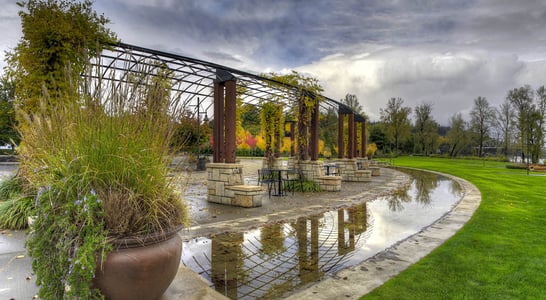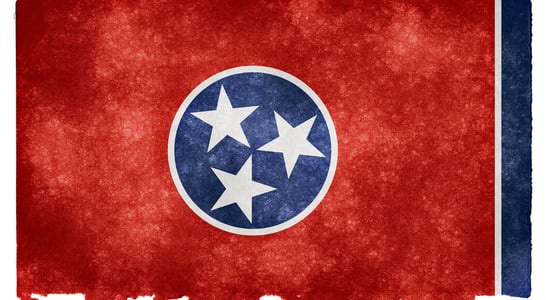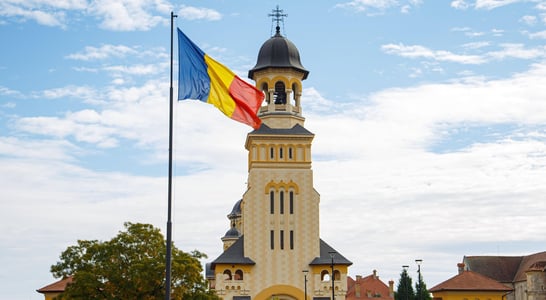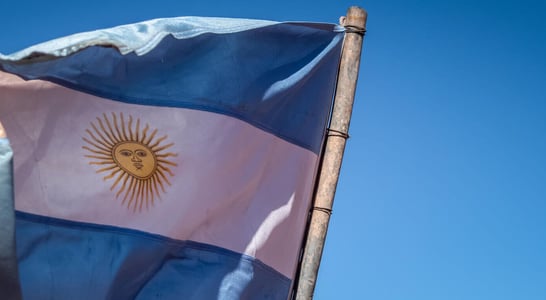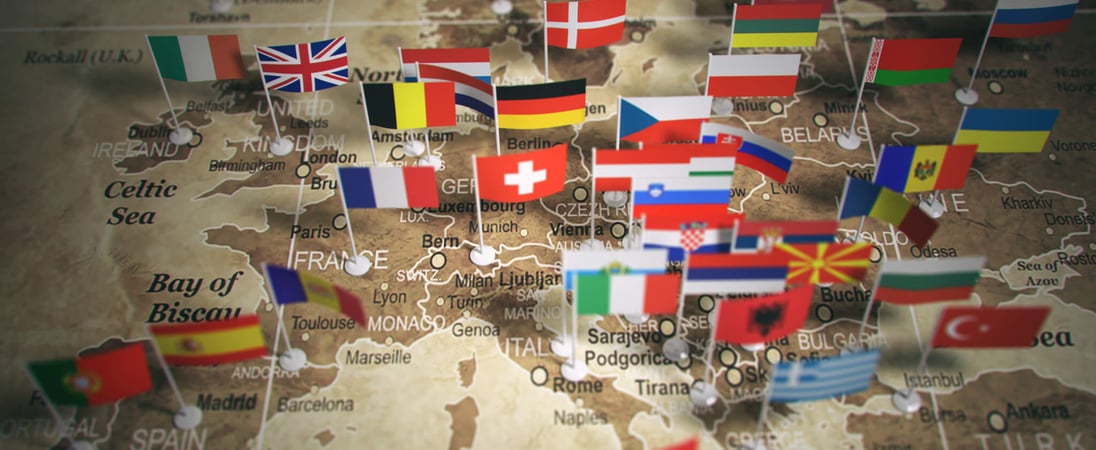
Europe Day
The celebration of Europe Day is a powerful reminder of Europe’s journey towards peace, unity, and cooperation. Across member states, the day is marked by a plethora of events, from flag-hoisting to concerts and open-door days at EU institutions. It’s a day that encourages reflection on shared values and aspirations, promoting a sense of belonging among the diverse nations that make up the European Union.
In essence, Europe Day is more than just a date. It reflects Europe’s ongoing project: a quest for unity amidst diversity, peace over conflict, and cooperation for the common good.
How to Celebrate Europe Day
Ready to dive into Europe Day with flair and fun? Here are some quirky and playful suggestions to mark this unity-filled occasion:
Flag Frenzy
Why not turn your space into a mini-Europe? Grab a European flag, or better yet, craft your own! Wave it proudly or deck out your balcony.
It’s a colorful way to say, “Hey, Europe, you rock!” Imagine the continent painted in blue and gold stars; pretty stellar, right?
Euro-Tour from Home
Ever dreamt of visiting the EU institutions but found them too far away? On Europe Day, they swing open their virtual doors for everyone.
Dive into an online adventure and explore the corridors of power from your couch. Who knows? You might bump into a digital Commissioner or two.
Groove to Euro Tunes
Music is the soul of culture. So, why not immerse yourself in Europe’s rich musical heritage with a concert? Be it pop, opera, or polka, there’s a rhythm for every taste. Tune into a live stream or attend a local event. Let the music transport you across the continent.
A Feast of European Flavors
Bring Europe to your taste buds by cooking up a storm. Pick dishes from different EU countries and host a Euro feast.
From Italian pasta to Belgian waffles, your kitchen can become the melting pot of Europe. Bon appétit, or as they say in Europe, enjoy your meal in a dozen languages!
DIY Eurovision
Feeling bold? Host your Eurovision contest at home. Invite friends to represent different EU countries and perform their hearts out.
Award points for the most entertaining acts, and don’t forget the glitter. It’s all about celebrating Europe’s diversity with a sparkle.
Plant a Peace Garden
Europe Day is all about unity and peace, so why not plant a garden to symbolize these values? Choose flowers in the colors of the European flag or native plants from across the continent. It’s a green way to commemorate the day and add some beauty to your space.
These ideas are inspired by the wide range of activities and events organized by the EU institutions to celebrate Europe Day, from virtual tours and online activities to local events and concerts. So, pick your favorite way to celebrate, and let’s make Europe Day 2024 one for the books!
History of Europe Day
Europe Day is a significant celebration in Europe, marked by two different dates to honor peace and unity. The Council of Europe observes it on May 5, commemorating the day of its foundation in 1949. The European Union, on the other hand, celebrates it on May 9.
This date is chosen to remember the Schuman Declaration of 1950, a proposal by French Foreign Minister Robert Schuman, which was essentially the foundational idea for what would eventually become the European Union. His idea was for European countries to manage their coal and steel production together, preventing war between them. This plan laid the groundwork for what would eventually become the European Union).
In 1985, leaders in Milan decided to officially recognize May 9 as Europe Day, emphasizing its importance in representing peace and unity on the continent.
Over time, Europe Day has evolved to include a variety of celebrations across member states. Activities range from flag-raising ceremonies to concerts and open-door events at EU institutions. These celebrations serve as a reminder of the EU’s founding values and promote a sense of belonging and unity among its diverse nations.
The declaration aimed to create a new form of political cooperation in Europe, making wars between European nations a thing of the past.
But there’s a twist to the tale: Europe Day also falls on May 5 for the Council of Europe, marking the anniversary of its foundation in 1949.
This variation in dates reflects the broad embrace of the idea of European unity and peace, with different organizations choosing moments significant to their history and mission to observe this day.
Significance of Europe Day
The history behind Europe Day reflects significant moments in European history. From the fall of Constantinople, which marked a shift in power, through the Renaissance and the Industrial Revolution, Europe has seen profound transformations.
The development of socialist and trade union activities, major wars, and political changes have all shaped the continent. The Treaty of Versailles, the Great Depression, and the ensuing world wars further influenced Europe’s political landscape, leading to the Cold War and the division of Europe into Western and Eastern blocs.
Through these historical events, Europe Day emerged as a symbol of unity and peace, celebrating how far Europe has come in overcoming conflict and division.
Today, Europe Day is a testament to the continent’s long journey towards peace, unity, and cooperation, reminding us of the importance of working together for a better future.
Europe Day FAQs
How did the Schuman Declaration influence European integration?
The Schuman Declaration, presented by French Foreign Minister Robert Schuman on May 9, 1950, proposed pooling coal and steel production between France and Germany.
This initiative aimed to make war between historic rivals “not merely unthinkable, but materially impossible.”
It laid the foundation for the European Coal and Steel Community, fostering economic cooperation and setting the stage for the European Union.
Why is Europe Day celebrated on different dates?
Europe Day is observed on May 5th by the Council of Europe, marking its founding in 1949, and on May 9th by the European Union, commemorating the Schuman Declaration of 1950.
These separate dates reflect each organization’s distinct origins and milestones in promoting European unity.
What are some unique ways countries celebrate Europe Day?
Celebrations vary across Europe. In Brussels, the EU institutions open their doors to the public, offering guided tours and activities.
In Romania, Europe Day coincides with the State Independence Day, featuring military parades and cultural events.
Luxembourg observes it as a public holiday with concerts and public gatherings.
Is Europe Day a public holiday in all European countries?
No, Europe Day is not a public holiday in all European countries. It is a public holiday for EU institutions and in some countries like Luxembourg and Kosovo.
In other nations, it is observed through various events but does not constitute an official day off.
How has Europe Day been used to promote cultural understanding?
Europe Day is an opportunity to celebrate cultural diversity and promote understanding among European nations.
Events such as concerts, exhibitions, and educational programs highlight the rich cultural heritage of Europe, fostering a sense of shared identity and mutual respect among citizens.
What role does the European flag play in Europe Day celebrations?
The European flag, featuring a circle of twelve golden stars on a blue background, symbolizes unity and harmony among European peoples.
During Europe Day, the flag is prominently displayed at events, public buildings, and ceremonies, reinforcing the ideals of European integration and solidarity.
How do educational institutions participate in Europe Day?
Schools and universities often organize special programs, workshops, and discussions focused on European history, integration, and current affairs.
These activities aim to educate students about the significance of Europe Day and the importance of unity and cooperation among European nations.
Are there any misconceptions about Europe Day?
A common misconception is that Europe Day is celebrated uniformly across all European countries.
In reality, the level of observance varies, with some countries holding official events and others having minimal or no celebrations.
Additionally, the existence of two Europe Days (May 5th and May 9th) can lead to confusion regarding the specific focus of each observance.
How has Europe Day evolved since its inception?
Since its inception, Europe Day has evolved from a political commemoration to a broader celebration of European culture and unity.
Over the years, the range of activities has expanded to include cultural festivals, educational initiatives, and public debates, reflecting the growing importance of citizen engagement in the European integration process.
What is the significance of Europe Day in non-EU countries?
In non-EU countries, Europe Day serves as a symbol of the continent’s shared values and aspirations for peace and cooperation.
It provides an opportunity for these nations to engage in dialogue with the EU, participate in cultural exchanges, and reflect on their relationship with the broader European community.
See what else is happening…
There’s always more going on every month at Days Of The Year. Here are our favorites this month!
Also on ...
View all holidaysNational Public Gardens Day
Get outside, get some fresh air, and literally stop and smell the roses by finding a public garden to stroll through and enjoy, by yourself or with those you love.
National Military Spouse Appreciation Day
Military spouses often suffer long term separations, insecurity, frequent moves, and the constant fear of losing their spouse, so give them some support.
National Moscato Day
Host or attend a wine-tasting party, mix some Moscato cocktails, take a trip to wine country or just read up about the Muscat grape-based wine known as Moscato.
Child Care Provider Day
The nurturing souls supporting young minds, fostering growth, and shaping bright futures in the realm of childcare dedication.
